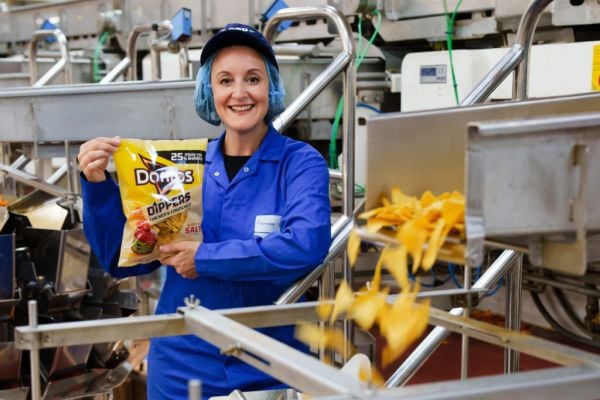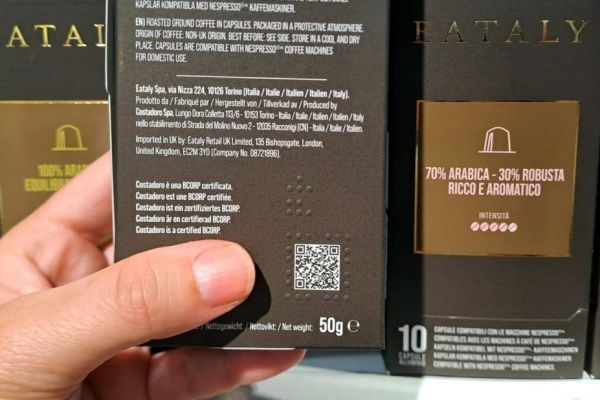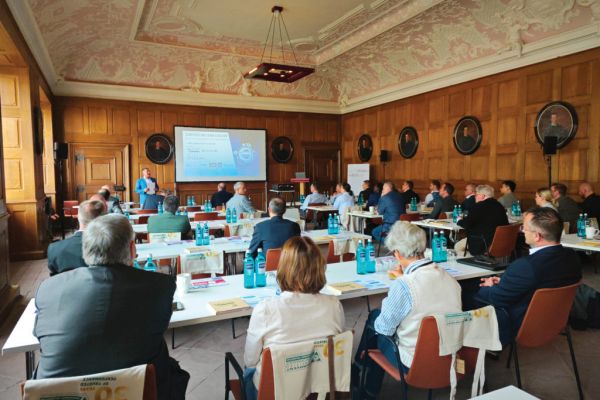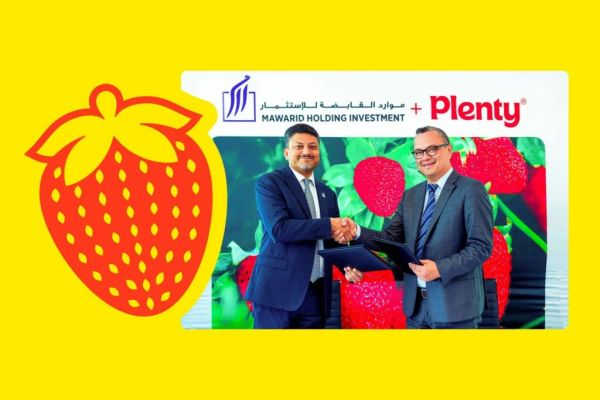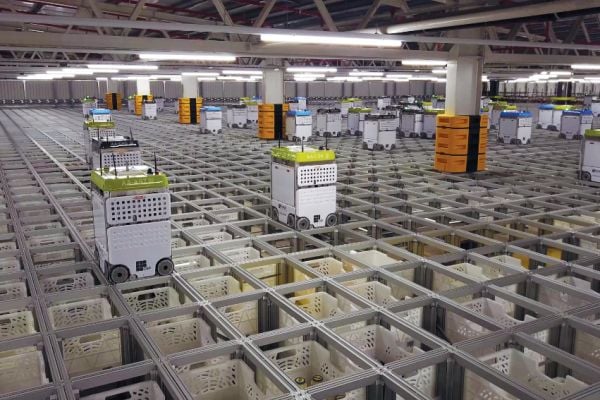The VTT Technical Research Centre of Finland has released detailed information on producing lab-grown coffee in its recently published article.
The scientific paper, published in the Journal of Agriculture and Food Chemistry, comes two years after scientists brewed coffee from cells grown in a laboratory for the first time in 2021.
It describes the exact process the scientists implemented to produce coffee, starting from the original coffee plant and establishing cell cultures to alter its aroma in the roasting process, caffeine content, flavour analysis, and sensory profiling by a panel of tasters.
Commercial Viability
Nevertheless, the paper highlighted that the journey of lab-grown coffee to grocery store shelves and into people's kitchens is an ongoing process.
Dr Heiko Rischer, principal scientist and head of plant biotechnology at VTT, explained, "It is one thing to grow coffee cells in a bioreactor. Making it a commercially viable product is a whole other matter. The raw material derived from different cultivars and species, and the soil, the elevation, climate, and even the year when the particular coffee beans were grown plus the processes of roasting, fermentation, brewing, are all factors that impact the end product.
"While lab-grown coffee is much more controlled, different approaches to, for example, roasting significantly impact the aroma profile of the coffee which is a key consideration for the consumer."
The paper also suggests stakeholders across the coffee value chain – spanning cultivators, roasters, blenders, fermenters, and coffee brands – to unite and devise a process for producing and commercialising this sustainable coffee variant.
Dr Rischer added, "Our wish is that the publication of this scientific article, which clearly demonstrates proof of concept for lab-grown coffee, nudges forward the creation of an ecosystem or a collective that has the resources, know-how, and drive to pioneer an entirely new type of coffee. It is a huge challenge but one VTT is prepared to take on with the right partners and experts."
Sustainability Challenges
Traditional coffee production is facing multiple sustainability challenges related to land and water use, labourers' rights, and climate change.
In 2021, Europe imported over 3.6 million tonnes of green coffee in 2021, making it the top consumer of coffee in the world with an estimated average of 5 kilograms of coffee per person each year, the report said citing data from the Centre for the Promotion of Imports.
Cellular agriculture provides a potential avenue for solving the main issues in sustainable coffee production, allowing for more regional self-sufficiency in areas that are unsuitable for coffee bean farming.
Lab-grown coffee also has the potential to speed up production significantly. Traditionally farmed coffee provides one to two harvests per year, whereas a new batch of lab-grown coffee can be made in a month.
Moreover, the infinitely renewable nature of coffee plant cells eliminates the need to grow new coffee plants from seeds.
In October of this year, Seattle-Based startup Atomo Coffee launched beanless coffee made from superfoods and upcycled ingredients.

